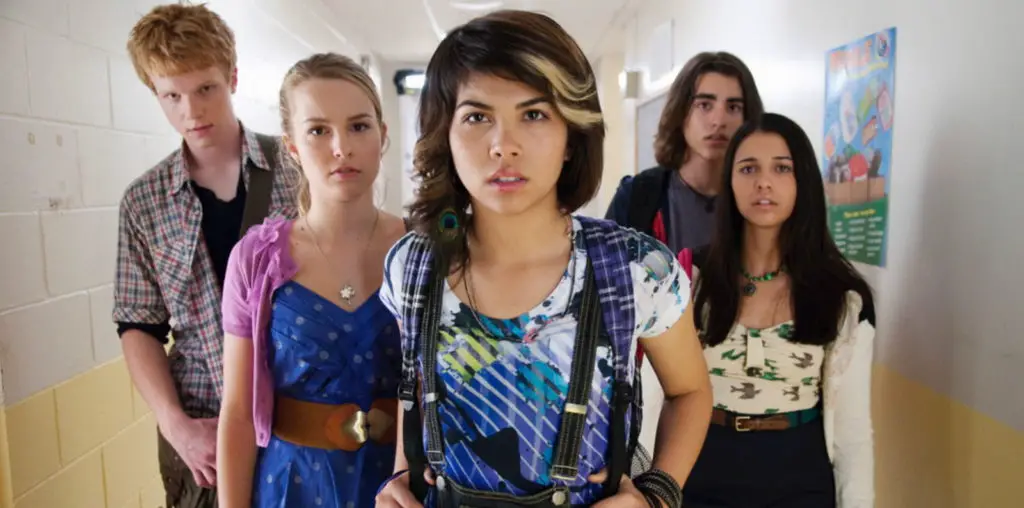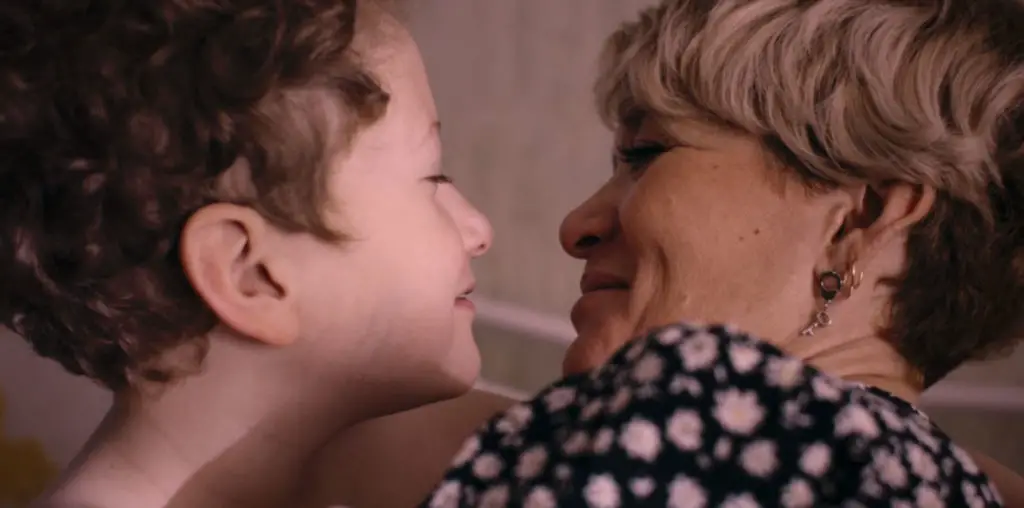
Yet, one man claims he saw too much. Writer/director Roberto Monticello, a veteran of 14 independent films, has received a fair amount of attention recently as a result of his heroic acts after the terrorist attack in New York.
While shooting a scene for his yet-untitled comedy (And that is the greatest irony, Monticello claims. This is his first comedy since “eight films ago.”), Monticello, a trained paramedic, witnessed the attack and dropped everything to rush to the site and help. He stayed for five days and helped rescue workers. During that time he was assaulted with images of horror.
“I saw pieces of people, torsos and people jumping out of windows,” he recalled. “I was so sick I couldn’t eat anything. I lost twelve pounds in two weeks.”
Monticello does not readily provide this information and he admits he is weary of the topic, if only because it is so traumatizing. With a film of his own at the Market, Monticello found more comfortable ground discussing the noir-ish “Till Proven Innocent,” or his upcoming biopic about a controversial Cuban nightclub performer.
Monticello’s thoughts on his experience are still germinating, although without reservation he stated that “life is not worth living unless you go all out.” As for his future cinematic endeavors, he was clear.
“I want to do comedies now.”
That, indeed, could be a trend among filmmakers, although there appear to be about a million indie documentary filmmakers about to be hatched as a result of the terrorist acts and resulting military conflicts. DJ Kadagian pre-empted the events with his own apocalyptic documentary, “A Crisis of Faith” which turned out to be little more than a collection of preachy recriminations from academics. It seemed relevant on paper, but the nearly empty theater indicated that not many people – at least at the moment – are interested in hindsight as film matter.
At the end of the week, IFP Executive Director Michelle Byrd organized an impromptu and well-attended panel discussion at the Puck entitled “WTC Aftermath: Exploring the Role of the Storyteller in the Aftermath of the World Trade Center Attack”. The panel included HBO executive Sheila Nevins, Jennie Livingston (Paris is Burning), Jim McKay (Our Song) and indie actress Parker Posey. After opening comments from the panel (including an incoherent remark from Posey about her discovery of “coke machines in the Moroccan desert” which, by her convoluted logic, only underscores the evil of globalization.), the discussion was opened up to the audience and the panel took on a “town hall” feel. In most cases, attendees recounted their whereabouts on September 11 and expressed fears for the future and sidestepped discussions on filmmaking.
In suitable Hollywood bottom-line fashion, Sheila Nevins brought the conversation back to the question of storytelling and, ultimately, filmmaking. She warned potential documentarians and politically-driven filmmakers that “you don’t want to preach to the converted.” She also bravely took on the subject of irrelevance, which many filmmakers as well as other artists are grappling with right now.
“You have to believe what you do is relevant,” she said. “What is important to you?” “You have to figure that out. That’s why,” she challenged, “you make films.”
Check out FILMTHREAT.com’s FEATURE ARCHIVES and read more insightful stories, expert analysis, gut-busting satire and caustic commentary!

